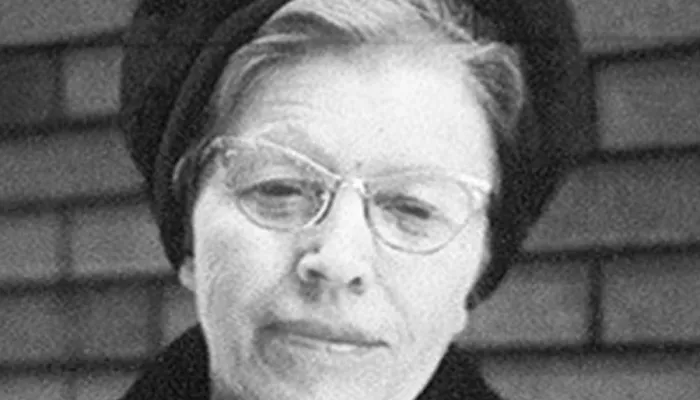Deanna Radford
Biography
Deanna Radford’s poetry explores the relationship between the internet, physical space, and how it intertwines with our daily lives. She draws inspiration from the human voice, poets, environmental and experimental poetry, poetics, sound art, free jazz, climate crisis, social justic, and human connection.
She holds an MA in creative writing (Concordia University,) is a former curator of the Atwater Poetry Project, and has been a judge for Poetry In Voice. Her poetry has appeared in The Capilano Review, carte blanche, Expozine’s Poems, Prints, Vallum, and others.
Deanna co-founded The Tuned Air Trio with Ayelet Rose Gottlieb and Eric Lewis. Her group Cloud Circuit served as Ambassadors of the Embassy of Utopia at the 2023 Tartu International Literary Festival in Estonia and will embark on a Canadian tour this Fall.
Deanna has enjoyed leading poetry workshops for participants of all ages, both in-person and online. She incorporates elements such as dreams, active listening, and participants' immediate surroundings into her sessions, blending collage and collaboration to guide them in exploring their creative voices.
Micro-interview
"Two views of a cadaver room," by Sylvia Plath and "The Waste Land," by T. S. Eliot had a profound effect on me. I loved learning these poems and still love reading them.
In junior high I was huge music fan (still am.) After copying out dozens of song lyrics by my favourite artists, I realized I could do the same by writing poetry. While I wasn't a great student at the time, I always did well in English and writing poetry helped me. It was a way to express myself and to get through the difficult times. It was satisfying to play with words, images, and ideas on the page and to create.
I stopped writing poetry in my late teens and turned to music and art journalism. After moving to Montréal from Winnipeg, I returned to poetry. The same things I first found appealing were still there and it freed me from the constrains of journalism. It was fun! When I became comfortable writing and speaking about poetry is when I started to identify as a poet. I believe we all have poetry within.
The job of the poet is to honour the particular ideas, feelings, or gestures that compel them as witness to their own moment in time.
Poetry is an essential form of human expression whether spoken or written. Anyone can engage in and with it.
With poetry, we can share joy, commemorate, create, dream, protest, document, and seek solace. Great poetry speaks to the human condition.
It can make magic.
It can move us as listeners, as readers, as humans.
In "fluorine," Rita Wong captures the "mundane acts" as part of the human relationship to the natural environment and hazardous materials powerfully. She writes,
“...unless otherwise
informed crowded alloys detect no
health damage until generations later i
brush my teeth with nuclear intensity
the cavities i avoid destined for others
fall into hazardous-waste piles up as
i sleep...”
Not only does the poem speak of how hazardous materials are ingrained our daily lives and the fallout from using them, but it also shows how intimately connected they are to our lives. I love this poem because of how much it conveys in a single stanza, especially human empathy and our responsibility for these matters at the same. If I had to choose one poem to memorize from the anthology, it would be "flourine" for these reasons. It's as relevant now as it was when it was published in 2007. And because it's beautiful to look at, like a puff of breath on a "cold crisp morning."


